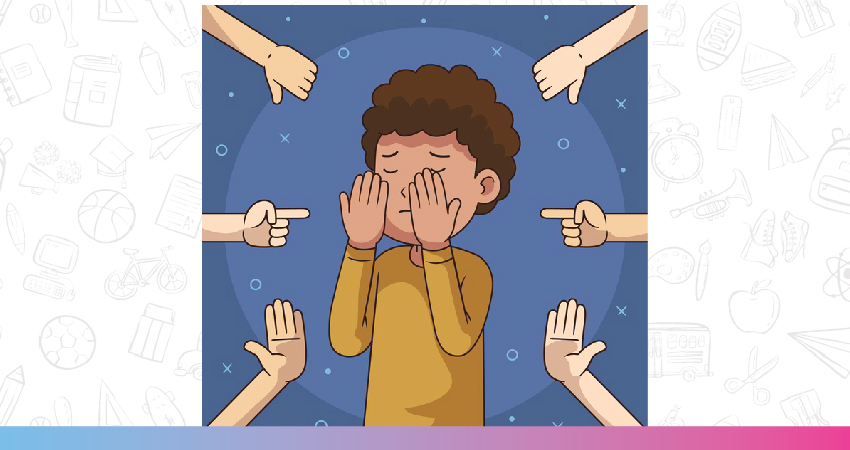Social Phobia in Children

Social phobia, also known as social anxiety disorder, is a psychological condition characterized by an intense fear or anxiety related to social situations. It can affect people of all ages, including children. Social phobia in children typically involves a persistent fear of being embarrassed, humiliated, or negatively evaluated by others.
Here are some key points to understand about social phobia in children:
- Symptoms: Children with social phobia may exhibit various symptoms, including excessive shyness, fear of social interactions, avoidance of social situations, reluctance to speak or perform in front of others, physical symptoms like rapid heartbeat or sweating, and extreme self-consciousness.
- Impact on daily life: Social phobia can significantly impact a child’s daily life and functioning. It may interfere with school performance, hinder making friends, and limit participation in extracurricular activities or group events.
- Causes: The exact causes of social phobia in children are not fully understood. However, it is believed to result from a combination of genetic, environmental, and psychological factors. Children with a family history of anxiety disorders may be more susceptible to developing social phobia.
- Cognitive factors: Children with social phobia often have negative thought patterns and distorted beliefs about themselves and social situations. They may anticipate rejection or humiliation, leading to heightened anxiety.
- Treatment options: Social phobia in children can be effectively treated with a combination of psychotherapy, cognitive-behavioral therapy (CBT), and sometimes medication. CBT helps children identify and challenge negative thoughts, develop social skills, and gradually confront feared situations through exposure therapy.
- Parental support: Parents play a crucial role in supporting children with social phobia. Encouraging open communication, providing reassurance, and helping children gradually face their fears can be beneficial. Parental involvement in therapy sessions may also be recommended.
- School support: Collaboration between parents, mental health professionals, and schools is important in managing social phobia in children. Educators can provide accommodations, such as allowing gradual exposure to social situations and implementing strategies to reduce anxiety in the classroom.
It is important to consult with a mental health professional if you suspect your child may be experiencing social phobia. They can provide a proper diagnosis and develop an appropriate treatment plan tailored to your child’s needs.